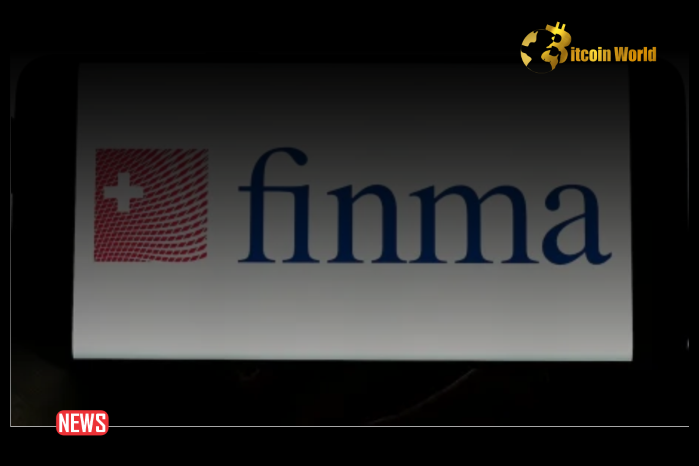Are stablecoins really that stable? Switzerland’s financial watchdog, FINMA, is raising concerns about the risks they pose to the country’s financial reputation. Let’s dive into FINMA’s recent guidance and what it means for the future of stablecoins in the Swiss financial landscape.
FINMA Warns of Reputational Risks from Stablecoins
The Financial Market Supervisory Authority (FINMA) has issued a stark warning: stablecoins aren’t just about money laundering risks; they could tarnish the reputation of the entire Swiss financial center. This isn’t just a casual observation; it’s a serious concern that’s prompting regulatory action.
- FINMA highlights increased risks related to money laundering and terror financing associated with stablecoins.
- The regulator emphasizes the potential impact of stablecoin projects on regulated institutions.
- New guidance classifies stablecoin issuers as financial intermediaries to mitigate these risks.
Stablecoin Issuers as Financial Intermediaries
FINMA’s guidance emphasizes that stablecoin issuers should be treated as financial intermediaries. But what does this mean in practice?
Key Implications:
- Anti-Money Laundering Compliance: Issuers must verify the identity of stablecoin holders and establish the identity of the beneficial owner, adhering to Art. 3 and 4 of the Anti-Money Laundering Act (AMLA).
- Risk Mitigation: This classification aims to reduce the risks of terror funding, sanctions evasion, and reputational damage.
Addressing Risks with Default Guarantees
Many Swiss stablecoin issuers rely on default guarantees from banks to operate without a full banking license. FINMA acknowledges this but insists on a robust framework to protect depositors.
FINMA’s Requirements for Default Guarantees:
- Transparency: Customers must be informed about the default guarantee in case the stablecoin issuer goes bankrupt.
- Coverage Limits: Total deposits covered must never exceed the upper limit of the default guarantee.
- Timely Claims: Claims must be due at the time bankruptcy proceedings are opened, not just when a certificate of loss is issued.
While these measures enhance depositor protection, FINMA admits they don’t provide the same level of security as a full banking license. The regulator remains committed to addressing the risks associated with default guarantees to maintain financial stability.
What Does This Mean for the Future of Stablecoins in Switzerland?
FINMA’s actions signal a clear intent to regulate stablecoins more closely. This could lead to:
- Increased Compliance Costs: Stablecoin issuers will face higher costs due to stricter regulatory requirements.
- Greater Scrutiny: More thorough oversight by FINMA to ensure compliance with AML and other financial regulations.
- Enhanced Security: Improved protection for stablecoin holders through stricter default guarantee requirements.
Ultimately, these changes aim to balance innovation with financial stability, ensuring that Switzerland remains a reputable financial center.
What are your thoughts on this story? Share your opinion in the comments section below.
Disclaimer: The information provided is not trading advice, Bitcoinworld.co.in holds no liability for any investments made based on the information provided on this page. We strongly recommend independent research and/or consultation with a qualified professional before making any investment decisions.



